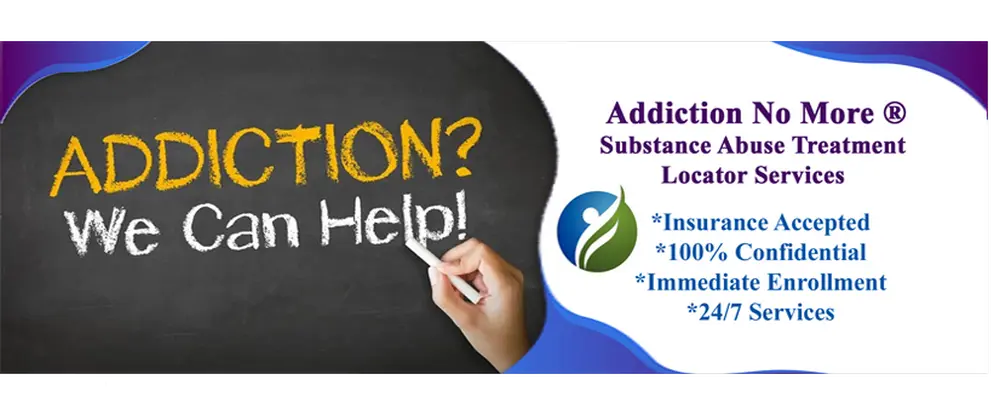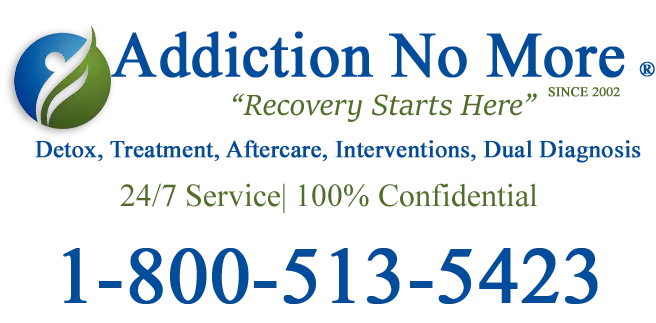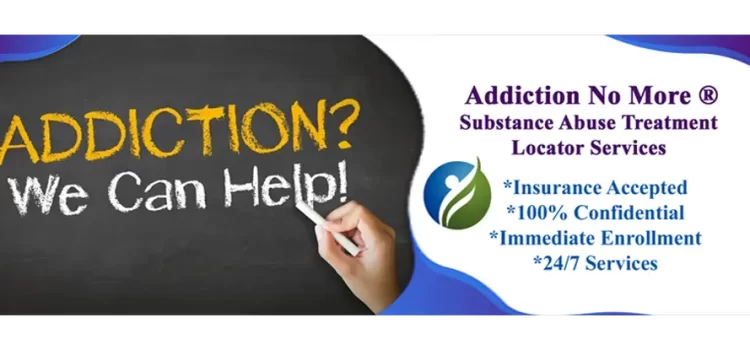Prescription Drug Addiction
Please contact us by phone for immediate assistance. This is a necessary step in beginning the recovery process for yourself or a loved one. Our addiction treatment specialists and staff have over 25 years of experience in helping people find effective and affordable treatment for all addictions. What you tell us is completely confidential. We are HIPAA compliant. We are here to answer your questions and to get you (or a loved one) into treatment today. For immediate intake, call us now.
1-800-513-5423
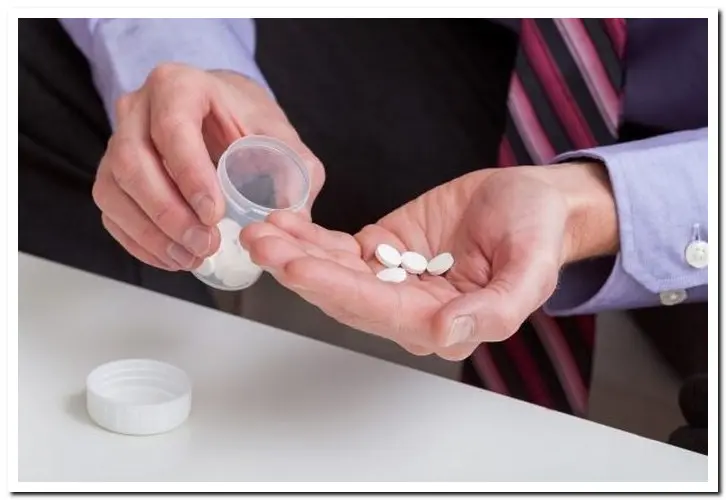
How dependency on prescription drugs begins
Most commonly abused prescription drugs:
*Sleeping pills
*Anxiety medications (Benzodiazepines): Xanax, Klonopin, Valium
*Stimulants: Adderall, Ritalin
Withdrawal from prescription medications can include the following:
*Difficulty sleeping
*Anxiety
*Depression
*Heart arrhythmia
*Diarrhea
*Nausea or vomiting
*Convulsions
*Hot/Cold sweets
*Seizures
*Cardiac arrest
1-800-513-5423
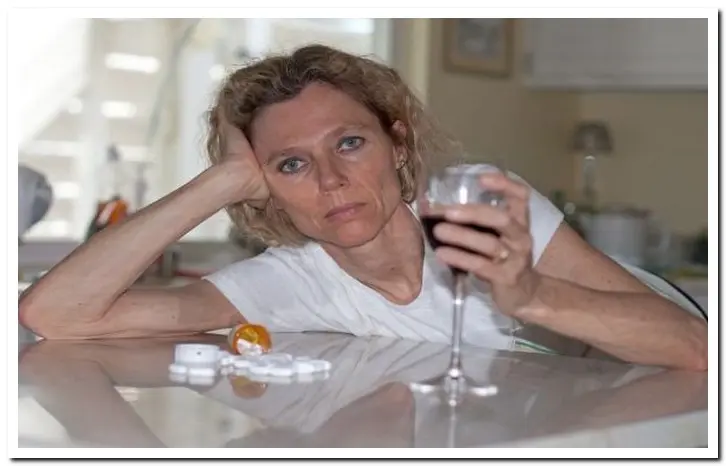
What are the signs that someone is abusing their prescription medications?
Most people who have been prescribed medications from their doctor, use as directed, however, NIDA’s new statistics show that there is a real problem with prescription drug addiction. Understanding the signs of the onset of abuse can help greatly to reduce the time needed for detox and treatment for an addiction problem that has arisen. The exact timeline it takes someone to become addicted can vary from person to person, depending on the type of prescription, the length of use, the dosage taken, and the frequency of intake. When a person becomes addicted, their behaviors will change either abruptly or gradually depending on many variables. Most often, they will become compulsive in seeking out the drug to prevent withdrawal symptoms from setting in.*Running out of their medications early
*Prescriptions for the same drug from different doctors
*Rapid dose increases
*Mood swings
*Multiple pharmacies
*Prescription forgery or falsification
*Anxiously awaiting deliveries of medications through the mail
*Someone else’s prescription bottles
Among people aged 12 or older in 2021:
1.3% (or about 3.7 million people) reported misusing prescription stimulants in the past 12 months.
1.7% (or about 4.9 million people) reported misusing prescription tranquilizers or sedatives in the past 12 months.
1.4% (or about 3.9 million people) reported misusing benzodiazepines in the past 12 months.
3.1% (or about 8.7 million people) reported misusing prescription pain relievers in the past 12 months.
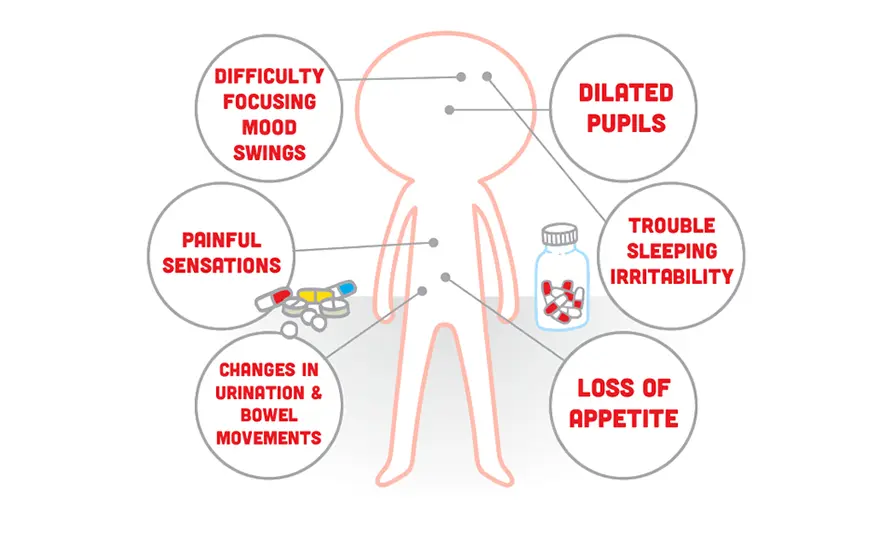
Treatment Options
Dual Diagnosis Treatment for co-occurring mental and addiction issues offers a specialized treatment program to help clients stabilize their psychiatric medications while handling their addiction issues. For those who have an underlying condition, entering into a treatment program for just their addiction problem can pose difficulties in the treatment programs. Both conditions are looked at and medications adjusted if necessary, for treatment to be complete. For treatment to be successful and give the client the best chances at life-long sobriety, the treatment staff needs to understand what exactly is going on with each condition and develop a treatment plan that will add balance to the program.
Conditions that can be treated along with prescription addiction are:
Alcoholism
Eating disorders
Compulsions and phobias
Personality disorders
PTSD ( Post Traumatic Stress Disorder)
Depression
Sometimes people need to have medications in order to manage pain from an underlying medical condition. MAT Services or Medicated Assisted Treatment are programs that provide medications to ease withdrawal symptoms while undergoing counseling to help people who have to rely on their medications to get by from day to day. People who have become dependent on their opioid medications, heroin, or alcohol can benefit from MAT services in their area. Programs have been developed to teach a person to either use a different medication that is non-addictive or manage their present medication so the abuse does not continue.
Holistic treatment centers use proven therapy models, along with healthy lifestyles and alternative therapy, to deliver a fully-rounded program for those seeking to change their lives back to being more health-conscious during and after treatment. Holistic treatment centers for prescription drug addiction can last anywhere from 21 days to 6 months, depending on the program. Holistic treatment centers are located throughout the country, usually near the beach or mountains, to provide a better environment for healing and therapy.
Secular drug rehab refers to an organization that is indifferent to the concept of religion, the supernatural, or God and usually relies on science or logic instead. The main goal of these types of programs is to help people achieve a life without the need to self-medicate. The practice of this moral philosophy does not necessarily include that practicing a religion is a problem, but it emphasizes living a life without relying on religious practices to guide your moral compass.
For information about the types of therapy available through an individualized treatment program, see the Treatment Options page, or give us a call today.
1-800-513-5423
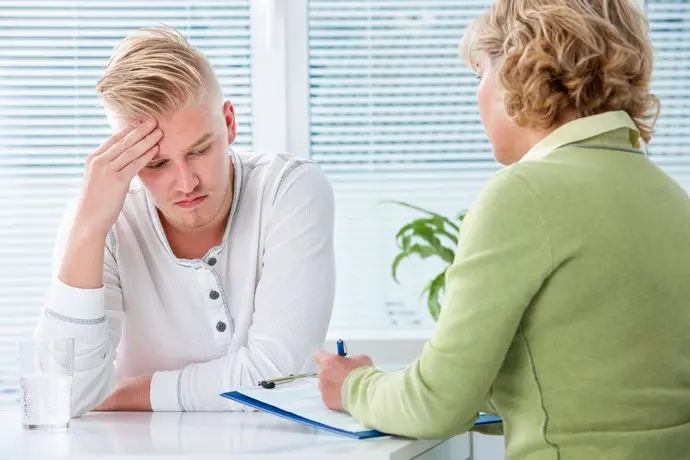
Individualized Treatment for Prescription Medication Addiction
Most individualized treatment programs for prescription addiction include:
*Group Therapy
*Family counseling
*Trauma recovery and awareness
*Alternative therapy
*12 step meetings
*Psychiatric counseling and medication adjusting if necessary
*Non-traditional treatment programs

How We Can Help
There is help available even if you have no means to pay for treatment.
Sources
Prescription Medicine Abuse
Prescription Pain Pill Abuse
NIDA
Therapeutic Drug Use
Erik Epp – Content Author
